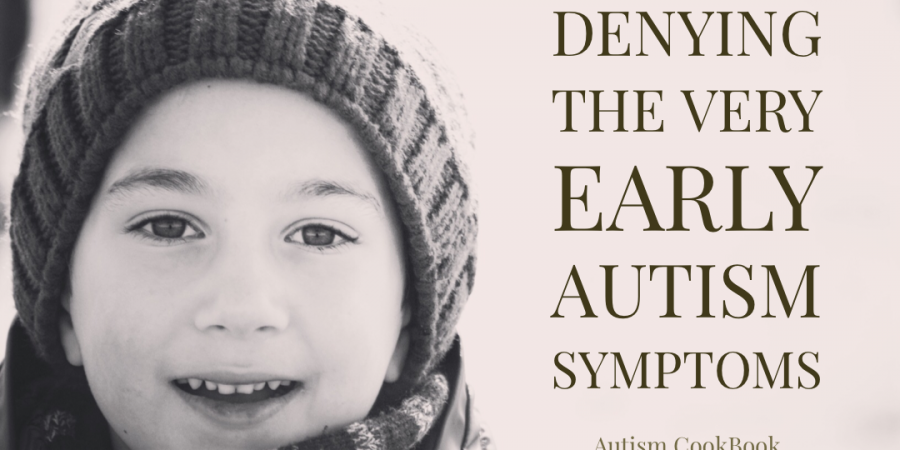This is a subject we often think and speak about at home. The very first signs of the neurodiversity of our older boy. The signs that were constantly and effectively ignored by numerous pediatricians and specialists like dermatologists, neurologists, and ENTs. The signs I can spot in children surrounding me in my everyday life. And their parents playing blinds.
Our observations and suspicious little details led us quite early to some very blurred at that time ideas about what we knew about autism and its
The truth is that if you’ve never had any closer experience of any kind with individuals on the spectrum. The first manifestations can be mistaken very easily and instead to go for a very important early childhood diagnosis we go for a ‘be weird’, be a ‘high need’ or be a ‘savage’ child definition.
Incidentally, so beloved ‘high need child’ definition, became ingloriously famous in recent years that seems almost a perfect way out, an escape for those who think about autism as a shameful stigma, absolutely not acceptable for family and friends.
It is freaking duty as loving parents and the only natural and legal guardians of our children to be their protectors, first-aid helpers, leaders, role models, friends, and advocates! We have no damn right to deny mandatory examinations and legally deserved therapies because we feel humiliated and it’s so embarrassing to admit that deep in your heart you already know that there is something ‘different’ about your kid.
Maybe she is never smiling, putting objects in weird way, making regression in speech, communication and understanding.
Maybe there is something more about her picky eating and sensory overloads.
Maybe her quirks are unusually repetitive and you can’t spot any sense in repetitive play patters.
Maybe she has an extra powerful way of exhibit the frustration, will
There are lots more. There are millions of levels of intensity. Billions of different sets, and variables of all symptoms.
Most parents just feel them. They only go for a diagnosis to have a confirmation and to obtain a very important asset for the next step which is therapy.
Do not think about the diagnosis in terms of ‘labeling’. It’s not. It’s just naming the most important regions touched and with a deficit. That all need to be analyzed and treated with a suitable intensity which is (btw) extremely individual and may vary over time.
Every early childhood intervention gives your child a greater likelihood of success in adulthood and in the future in general. Don’t let a great deal of the embarrassment rules your kingdom. Take care of each and every single member of your family. Especially of those with an invisible disability.
